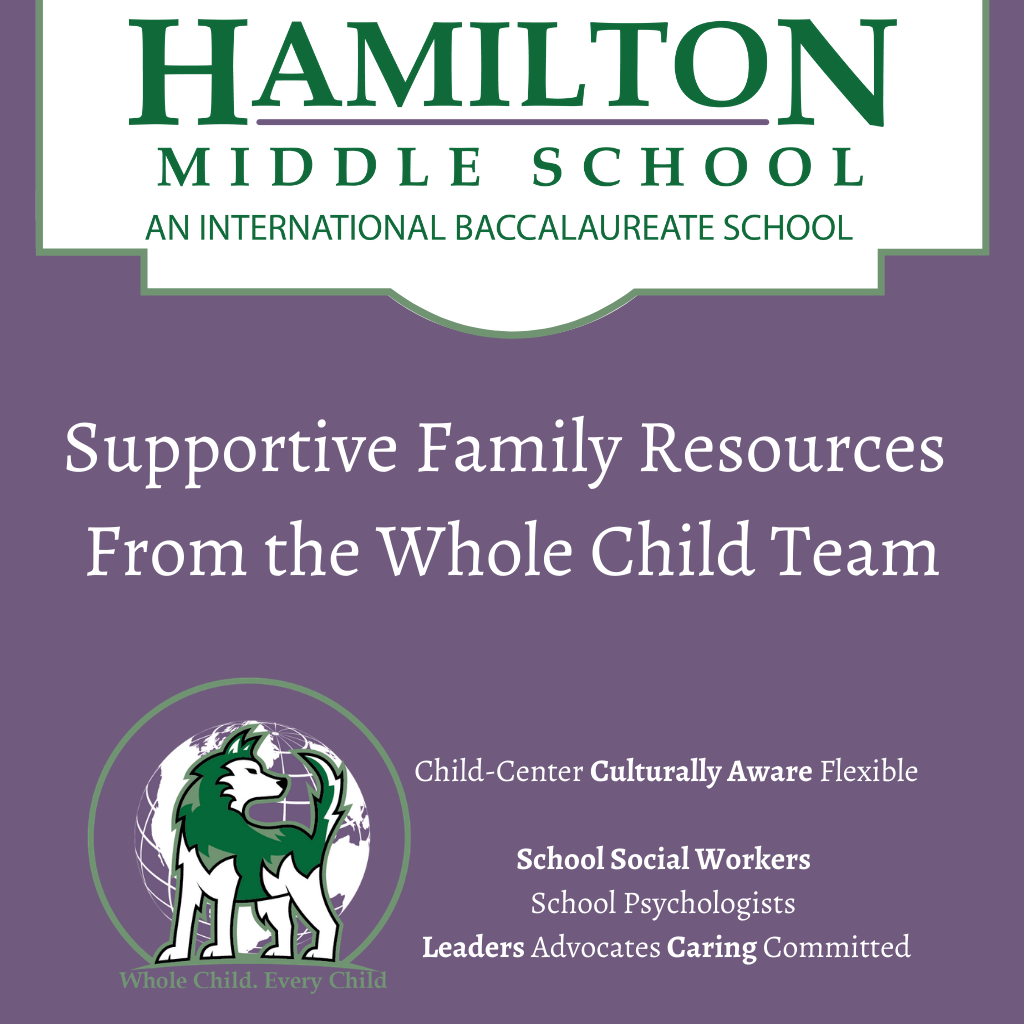Posted

“Eating disorders are a range of psychological conditions that cause unhealthy eating habits to develop. They might start with an obsession with food, body weight, or body shape” (Muhlheim, 2020).
“Eating disorders, including anorexia nervosa and bulimia nervosa, are serious mental illnesses with onset commonly during the early teen years. They have serious medical consequences, are notoriously difficult to treat, and in many cases require specialized treatment.
Middle schools and high schools have an obligation to provide resources to support children with eating disorders as well as aid in their prevention. In many cases, schools may be an important partner in treatment. Through the power of the social environment, they can also play a significant role in prevention” (Muhlheim, 2020).
Eating disorders must be addressed from both a medical and a mental health perspective for full recovery to occur. Early intervention is crucial. The sooner one gets help, the greater the likelihood that they will get better. Without early intervention eating disorders may become chronic, or even fatal.
People with anorexia generally view themselves as overweight, even if they are dangerously underweight. They tend to constantly monitor their weight, avoid eating certain types of foods, and severely restrict their calories.
People with bulimia frequently eat unusually large amounts of food in a specific period of time. Each binge eating episode usually continues until the person becomes painfully full. During a binge, the person usually feels that they cannot stop eating or control how much they are eating. Individuals with bulimia then attempt to purge to compensate for the calories consumed and relieve gut discomfort. Common purging behaviors include forced vomiting, fasting, laxatives, diuretics, enemas, and excessive exercise.
People with binge eating disorder regularly and uncontrollably consume large amounts of food in short periods of time. Unlike people with other eating disorders, they do not purge.
The following behaviors might indicate that a student has an eating disorder. However, not all students with eating disorders will display these behaviors; and even though a student displays some of these symptoms, he or she might not have a disorder.
Link to schedule for a free assessment: https://www.eatingrecoverycenter.com/form/self-assessment-form